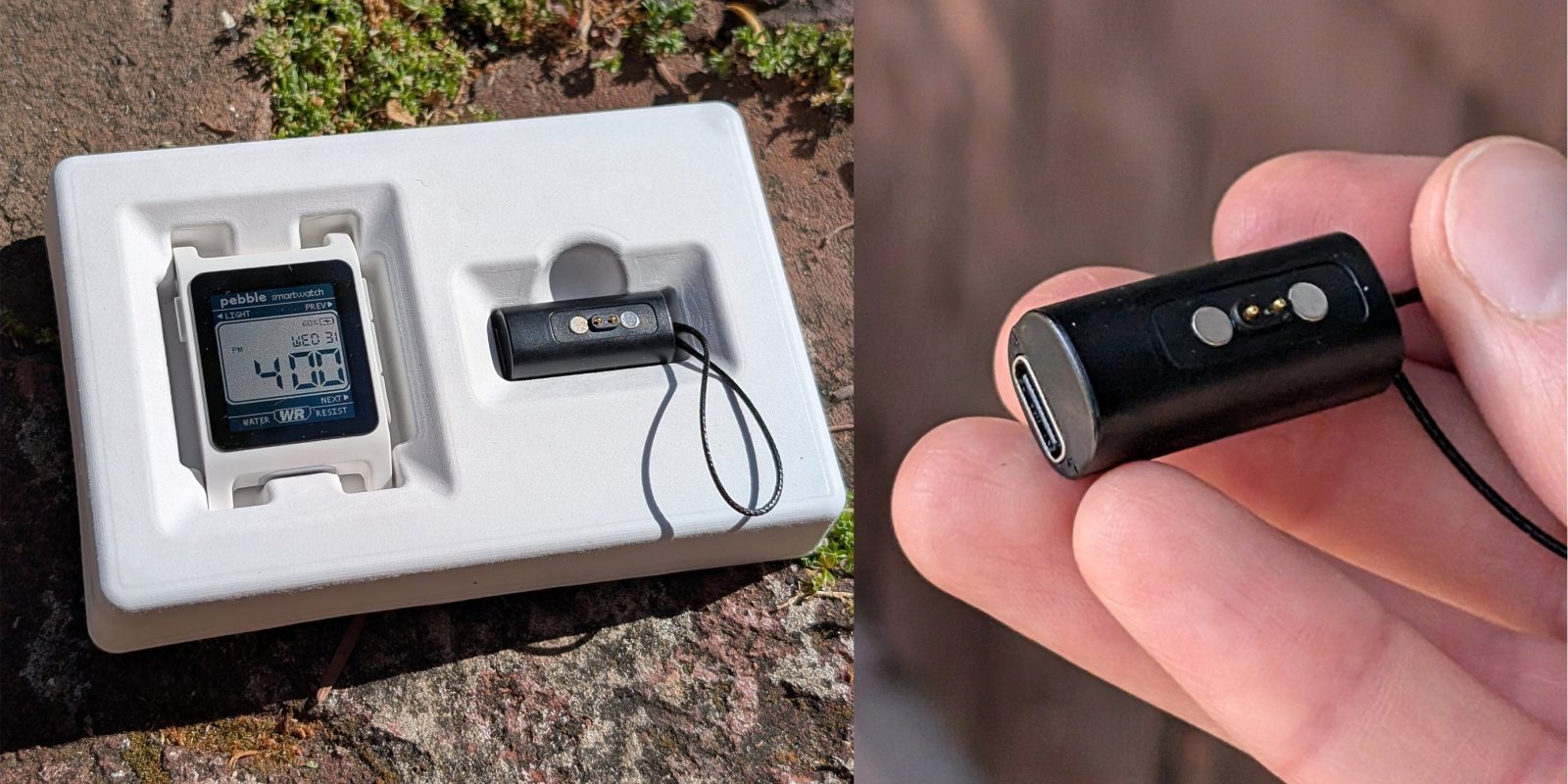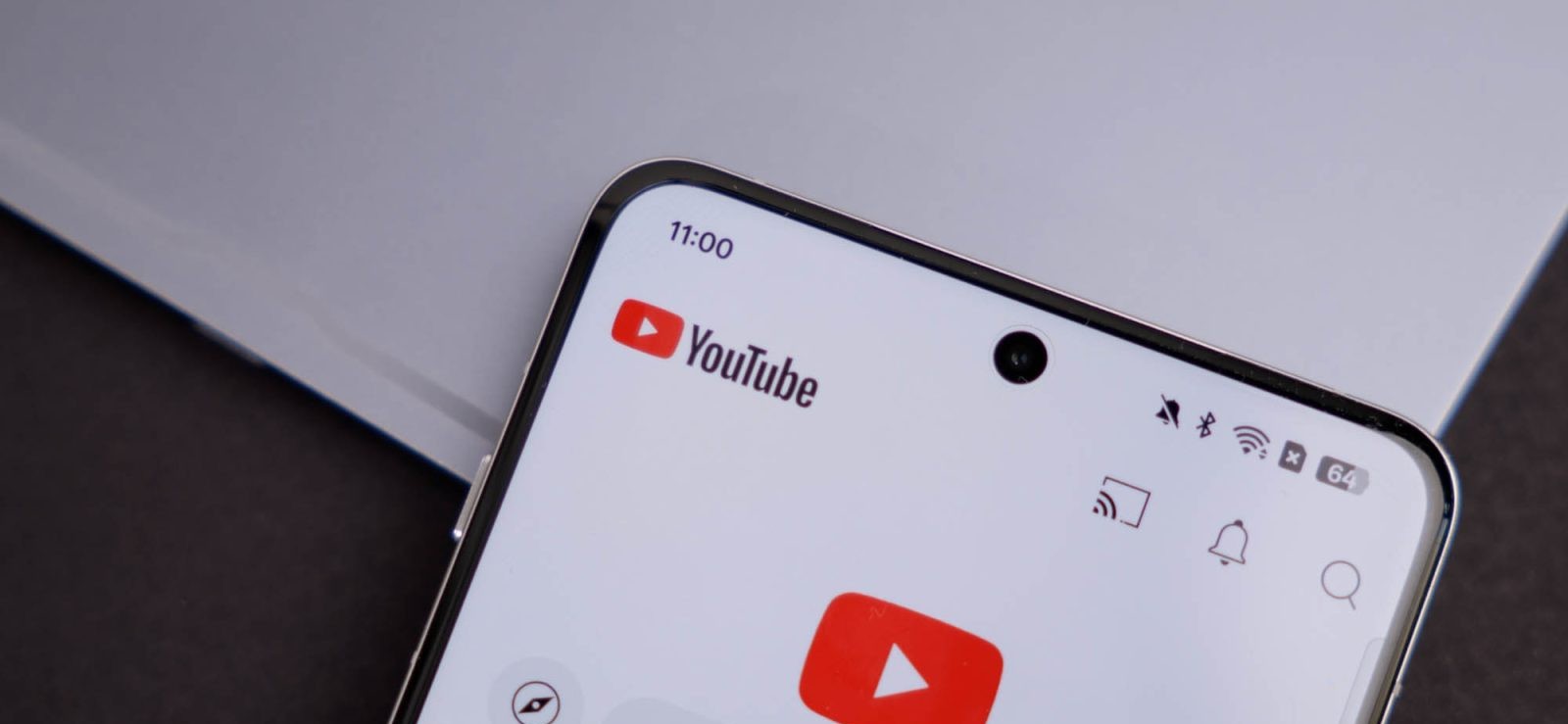In a significant move, Google has announced that starting February 2, 2026, all Fitbit users will be required to transition their accounts to Google Accounts to continue accessing their health data. This change is part of Google’s ongoing efforts to integrate Fitbit more closely into its ecosystem, enhancing security and streamlining user experiences.
Mandatory Migration to Google Accounts
Since Google’s acquisition of Fitbit, there has been a gradual shift towards unifying account systems. Initially, Fitbit maintained its own account infrastructure, allowing users to sign in with unique emails and passwords. However, to bolster security measures—such as implementing two-step verification—and to simplify the user experience, Google introduced the option for Fitbit users to migrate to Google Accounts. This migration became particularly pertinent with the release of new devices like the Pixel Watch 2 and Fitbit Charge 6, which necessitated Google Accounts for activation.
The initial deadline for this mandatory migration was set for 2025. However, in a recent communication to users, Google has extended this deadline to February 2, 2026. Post this date, users who have not transitioned to a Google Account will lose access to the Fitbit service. Furthermore, their historical health data will be deleted, except where retention is required by law. To facilitate this transition, users are advised to update their Fitbit app to the latest version and follow the in-app instructions to move their accounts. For those who prefer not to migrate, options are available to export or delete their Fitbit data before the deadline.
Enhancements in Fitbit App and Services
In tandem with the account migration, Google has been rolling out significant updates to the Fitbit app, aiming to enrich user engagement and provide more personalized health insights.
– Major App Redesign with Dark Theme and AI-Powered Coach: In August 2025, Google unveiled a comprehensive redesign of the Fitbit app, introducing a dark theme and integrating a Gemini-powered ‘Coach’. This AI-driven feature functions as a fitness trainer, sleep coach, and health advisor, offering personalized plans and real-time adjustments based on user data. The ‘Coach’ can suggest modifications to workout plans if, for instance, a user reports feeling fatigued or experiencing discomfort. Additionally, it provides insights into sleep patterns and offers advice on improving sleep quality over time. This update is available to all Fitbit devices, with a preview starting in October 2025.
– Firmware Updates for Enhanced Functionality: Throughout 2025, Google has been proactive in releasing firmware updates for various Fitbit devices. In February, updates for the Fitbit Charge 6, Inspire 3, Sense 2, and Versa 4 introduced ‘status indicators’ on the clock face, allowing users to quickly view active modes like ‘Do Not Disturb’ or ‘Sleep Mode’. These updates also included new Bluetooth security features to enhance device safety. In July, the Charge 6 received three new watch faces designed to provide comprehensive data at a glance, along with expanded compatibility with a wider range of exercise machines, including those from Peloton and iFit.
Phasing Out of Google Assistant on Fitbit Devices
In a strategic shift, Google announced in April 2025 that it would be phasing out Google Assistant on Fitbit smartwatches. This decision aligns with Google’s broader transition towards integrating its AI model, Gemini, across various platforms. Users began receiving notifications about this change, indicating that voice control features associated with Google Assistant would soon be discontinued on their Fitbit devices. This move reflects Google’s focus on evolving its AI capabilities and streamlining its services.
Rebranding and Integration into Google Ecosystem
The integration of Fitbit into Google’s ecosystem has been marked by several branding and structural changes:
– Rebranding to ‘Google Fitbit’: In March 2024, the branding transitioned from ‘Fitbit by Google’ to ‘Google Fitbit’. This change signifies a deeper integration of Fitbit into Google’s product lineup, aligning it with other Google-branded products like Pixel and Nest. The Fitbit wordmark was also updated to use Google’s Sans font, reflecting a unified design language.
– Consolidation of Online Presence: By October 2024, the fitbit.com website was fully integrated into the Google Store. This consolidation means that users now access Fitbit products and services through the Google Store, providing a seamless shopping and support experience. The Fitbit Help Center was also migrated to Google’s support infrastructure, ensuring consistent and efficient customer support.
Regulatory Compliance and Feature Adjustments
In response to regulatory requirements in the European Union, Google announced in March 2024 that it would be removing third-party apps and clock faces from Fitbit smartwatches in the region. This change, effective from June 2024, affects devices such as the Fitbit Sense 2, Versa 4, and others. Users in the EU are advised to download any desired third-party apps or clock faces before the cutoff date, after which only Fitbit and Google apps will be available. This decision underscores Google’s commitment to complying with regional regulations while maintaining a focus on user security and experience.
Conclusion
The mandatory migration of Fitbit accounts to Google Accounts by February 2026 marks a pivotal step in Google’s strategy to integrate Fitbit into its broader ecosystem. This transition aims to enhance security, streamline user experiences, and provide more personalized health insights through AI-driven features. Users are encouraged to complete the migration process promptly to ensure uninterrupted access to their health data and to take advantage of the latest features and improvements offered by Google Fitbit.



